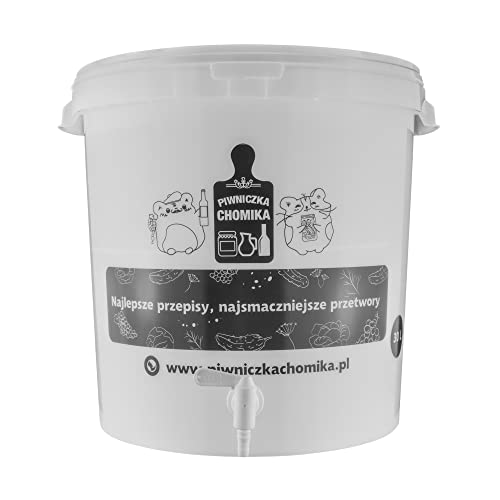Baz Chaz
Landlord.
- Joined
- Aug 15, 2010
- Messages
- 1,937
- Reaction score
- 144
I was talking to a mate of mine today about AG brewing and he's been very pleased to be one of my guinea pigs :!: one of the questions was about the most important part of AG brewing 
Apart from cleanliness, I think one of the most important 'actions' is sparging :idea:
I've made a few brews now :whistle: and the nearest to a cock up has been the brew I was making the day Mrs C came out of hospital and it was a bit rushed :!:
The bit that was a bit rushed was the sparging and I think that brew was a bit 'thin' it was OK and drinkable, but not quite to the standard of all my other brews, so anyone starting AG I would say don't rush the sparging give it plenty of time :thumb:

Apart from cleanliness, I think one of the most important 'actions' is sparging :idea:
I've made a few brews now :whistle: and the nearest to a cock up has been the brew I was making the day Mrs C came out of hospital and it was a bit rushed :!:
The bit that was a bit rushed was the sparging and I think that brew was a bit 'thin' it was OK and drinkable, but not quite to the standard of all my other brews, so anyone starting AG I would say don't rush the sparging give it plenty of time :thumb:


































![BREWING THERMOMETER STICKERS ACCURATELY MONITOR FERMENTING BEER & WINE LIQUID TEMPERATURES 5PCS HOME BREW SPIRITS WINE LCD ADHESIVE [US]](https://m.media-amazon.com/images/I/311DDjo2X3L._SL500_.jpg)








